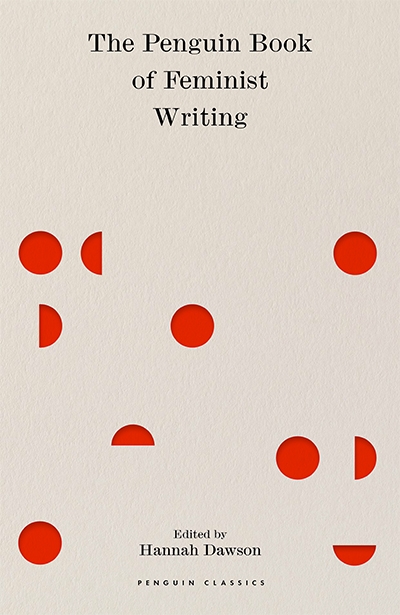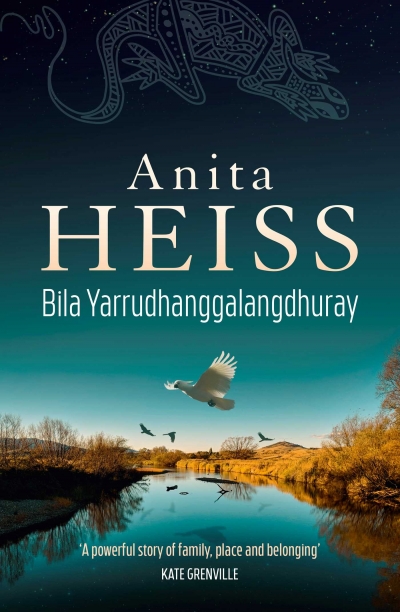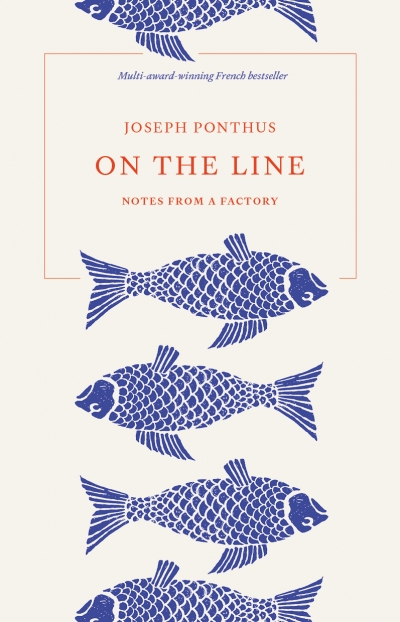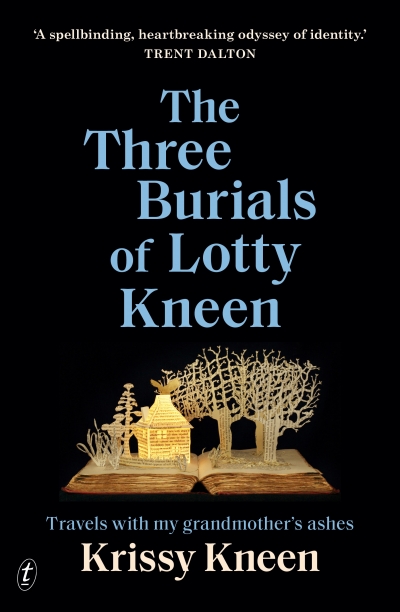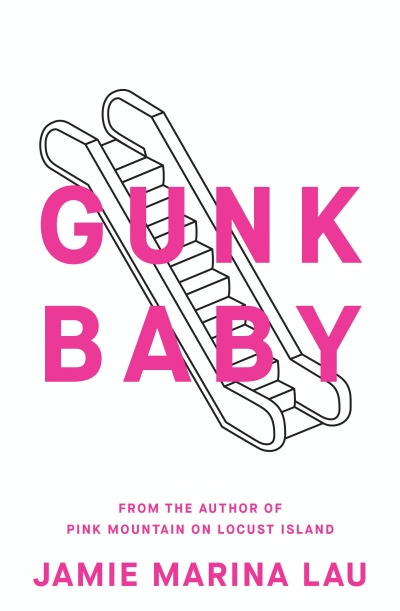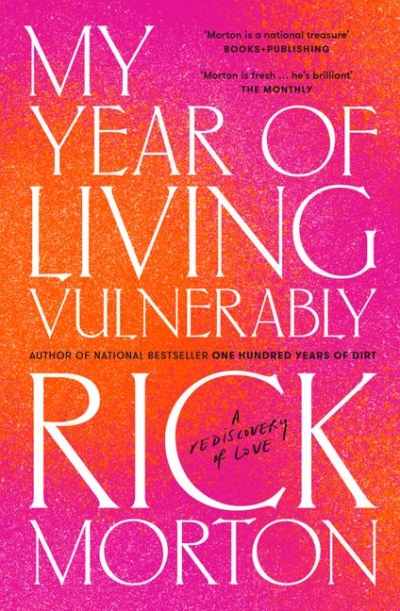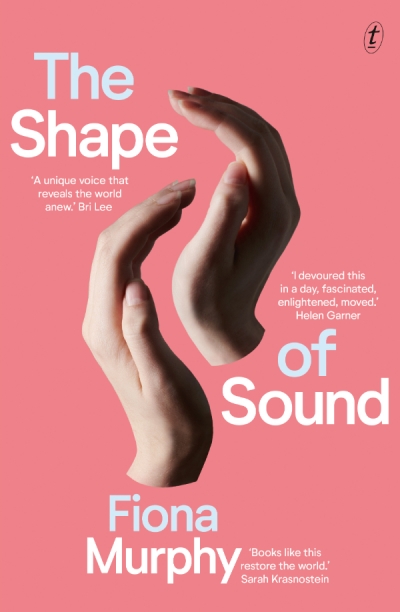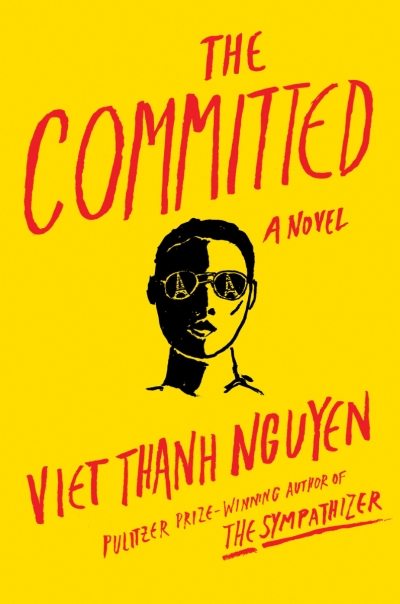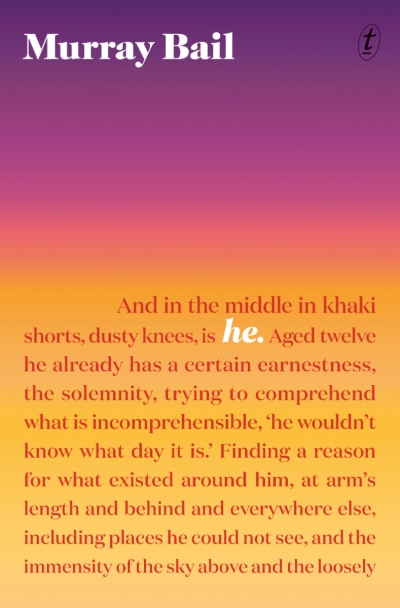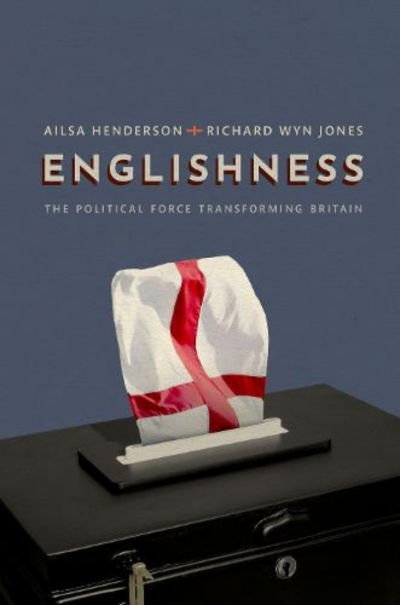Book of the Week
Sign up to Book of the Week and receive a new review to your inbox every Monday. Always free to read.
Recent:
Where is home for a feminist? ‘I carry “home” on my back,’ wrote poet and theorist Gloria Anzaldúa in Borderlands/La Frontera (1987), a protective response to the many layers of discrimination she experienced as a queer Chicana woman. ‘Home’, for Palestinian poet Fadwa Tuqan, writing in the 1970s, was a place of confinement, where women’s movements ‘strongly resembled those of domestic poultry’. The home has rarely been a safe place for women (never mind feminists), who have for millennia dared to ask for better accommodation.
... (read more)There are two famous statues in the Gundagai area. One is the Dog on the Tuckerbox. The other is of two heroes, Yarri and Jacky Jacky, who, with other Wiradjuri men, went out in their bark canoes on many exhausting and dangerous forays to rescue an estimated sixty-nine people from the Great Flood of 1852.
... (read more)On the Line: Notes from a factory by Joseph Ponthus, translated by Stephanie Smee
Few books immediately suspend time; few need no warm-up and almost demand to be read, reread, underlined. Stephanie Smee’s rendition of Joseph Ponthus’s multi-award-winning first solo book, On the Line: Notes from a factory, is one such read. It is the autobiographical story of an intellectual with a career in social work in the suburbs of Paris, who, having moved to Brittany for love, can’t find a job in his field and is forced to sell his labour as a casual worker in the local food-processing industry. Here we couldn’t be further from postcard Brittany, whose wild nature, hazy skies, mysterious language, and inhabitants inspired a Romantic generation of poets in search of an exotic fix without the hassle of leaving the Hexagon.
... (read more)The Three Burials of Lotty Kneen: Travels with my grandmother’s ashes by Krissy Kneen
The Three Burials of Lotty Kneen begins like a fable, the story of a poor family that wins the lotto and moves to a remote Queensland location to make fairy-tale characters for a tourist attraction called Dragonhall. There should be a happy ending, but there isn’t.
... (read more)Go to any suburban shopping centre and you will find a metropolis of consumption. ‘Buy, buy, buy’, it screeches, whether you are contemplating fast-fashion T-shirts, new-age solutions to age-old problems, or services and pampering you don’t really need, all in the harsh glare of white lights and a controlled climate, temperature just right. The shopping centre, uniform and tidy, is where you can get everything you’ve ever wanted while also getting nothing at all.
... (read more)My Year of Living Vulnerably: A rediscovery of love by Rick Morton
In Creating a Character (1990), acting coach Moni Yakim urges students to explore their vulnerability, arguing that, while we admire Superman for lifting buildings, we become emotionally invested only when he’s faced with Kryptonite. It’s ironic, Yakim writes, that vulnerability is simultaneously ‘the one quality a person is most likely to conceal’ and the one that ‘most allows an audience to identify’. This is the terrain Rick Morton traverses in My Year of Living Vulnerably, a mix of memoir, cultural history, reportage, and witness testament. How can we be at peace with our vulnerabilities when, like the dinosaurs Morton used to obsess over, they could eat us alive?
... (read more)More than twenty-five years ago, I wrote an essay on the work of Oliver Sacks (Island Magazine, Autumn 1993). Entitled ‘Anthropologist of Mind’, it ranged across several of Sacks’s books; but it was Seeing Voices, published in 1989, that was the main impetus for the essay. In Seeing Voices, Sacks explored American deaf communities, past and present. He exposed the stringent and often punishing attempts to ‘normalise’ deaf people by forcing them to communicate orally, and he simultaneously deplored the denigration and widespread outlawing of sign language. Drawing on the work of Erving Goffman, Sacks showed how deaf people were stigmatised and marginalised from mainstream culture, and he revealed, contrary to prevailing opinion in the hearing world, the richness and complexities of American Sign Language.
... (read more)Viet Thanh Nguyen arrived in the United States in 1975 as a four-year-old Vietnamese refugee. He is now a Pulitzer Prize-winning author, a professor of English and of American Studies and Ethnicity at the University of Southern California, and a contributing writer to The New York Times who has devoted much of his working life to Vietnamese-American history. A related topic that he writes and speaks about is ‘narrative scarcity’, the fact that if you belong to a minority group, none of the stories you read is about you or the importance of those groups being given the opportunity to tell their own stories in their own words. That is just what Nguyen has done in his first novel, The Sympathizer, winner of the 2016 Pulitzer Prize for Fiction, and its sequel, The Committed. Though many American novelists have written about the Vietnam War, he is one of the first Vietnamese-American writers to do so.
... (read more)In 2005, Murray Bail published Notebooks: 1970–2003. ‘With some corrections’, the contents were transcriptions of entries Bail made in notebooks during that period. Now, in 2021, dozens of these entries – observations, quotations, reflections, scenes – recur in his new book, He. It’s to be assumed that this book, too, is a series of carefully selected transcriptions from the same, and later, notebooks.
... (read more)Englishness: The political force transforming Britain by Ailsa Henderson and Richard Wyn Jones
This book addresses one fundamental question: is nationalism a transformative force in politics? Nationalism is usually seen as an offshoot of ‘identity politics’, which in turn is the product of long-term social change, notably access to higher education. Such an analysis can be found in David Goodhart’s The Road to Somewhere: The new tribes shaping British politics (2017) and Maria Sobolewska and Robert Ford’s Brexitland: Identity, diversity and the reshaping of British politics (2020). There is of course merit to such positions, but it is unusual for any research-based analysis to see nationalism as the driver of political change: it is the symptom rather than the cause.
... (read more)

